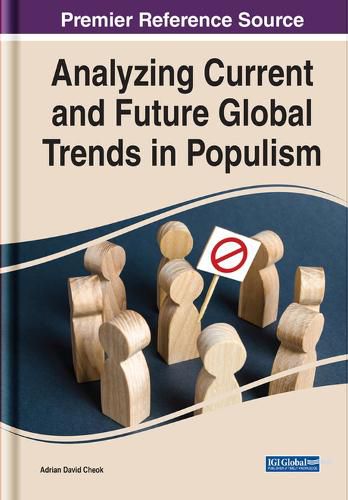Readings Newsletter
Become a Readings Member to make your shopping experience even easier.
Sign in or sign up for free!
You’re not far away from qualifying for FREE standard shipping within Australia
You’ve qualified for FREE standard shipping within Australia
The cart is loading…






This title is printed to order. This book may have been self-published. If so, we cannot guarantee the quality of the content. In the main most books will have gone through the editing process however some may not. We therefore suggest that you be aware of this before ordering this book. If in doubt check either the author or publisher’s details as we are unable to accept any returns unless they are faulty. Please contact us if you have any questions.
After the 2008 financial crisis, the cultural and psychological imprint that was left appears to be almost as deep as the one that followed the Great Depression. Its legacy includes new radical politics on both the left and the right, epidemics of opioid abuse, suicides, low birthrates, and widespread resentment that is racial, gendered, and otherwise by those who felt especially left behind. Most importantly it saw the rise and global spread of populism. Given that so many politicians of such different stripes can be populist, some argue the term is useless, but with so-called populists on the left and right experiencing a resurgence in the 21st century, the term is once again in the spotlight. There is a need for research on this increase in populist politics, the consequences for democracy, and what, if anything, should be done about this movement.
Analyzing Current and Future Global Trends in Populism discusses the global rise of populism and anti-elitism through a look at the history of the term, an exploration of modern populism, and the important events and figures in the movement. This book will measure the levels of populism across citizens and political actors, explore populism’s positive consequences, study the rise of populism in national politics, and discuss the future of populism in the 21st century as a major societal movement. This book is ideally intended for professionals and researchers working in the fields of politics, social science, business, and computer science and management, executives in different types of work communities and environments, practitioners, government officials, policymakers, academicians, students, and anyone else interested in populism, the greatest new political and societal movement of the 21st century.
$9.00 standard shipping within Australia
FREE standard shipping within Australia for orders over $100.00
Express & International shipping calculated at checkout
This title is printed to order. This book may have been self-published. If so, we cannot guarantee the quality of the content. In the main most books will have gone through the editing process however some may not. We therefore suggest that you be aware of this before ordering this book. If in doubt check either the author or publisher’s details as we are unable to accept any returns unless they are faulty. Please contact us if you have any questions.
After the 2008 financial crisis, the cultural and psychological imprint that was left appears to be almost as deep as the one that followed the Great Depression. Its legacy includes new radical politics on both the left and the right, epidemics of opioid abuse, suicides, low birthrates, and widespread resentment that is racial, gendered, and otherwise by those who felt especially left behind. Most importantly it saw the rise and global spread of populism. Given that so many politicians of such different stripes can be populist, some argue the term is useless, but with so-called populists on the left and right experiencing a resurgence in the 21st century, the term is once again in the spotlight. There is a need for research on this increase in populist politics, the consequences for democracy, and what, if anything, should be done about this movement.
Analyzing Current and Future Global Trends in Populism discusses the global rise of populism and anti-elitism through a look at the history of the term, an exploration of modern populism, and the important events and figures in the movement. This book will measure the levels of populism across citizens and political actors, explore populism’s positive consequences, study the rise of populism in national politics, and discuss the future of populism in the 21st century as a major societal movement. This book is ideally intended for professionals and researchers working in the fields of politics, social science, business, and computer science and management, executives in different types of work communities and environments, practitioners, government officials, policymakers, academicians, students, and anyone else interested in populism, the greatest new political and societal movement of the 21st century.